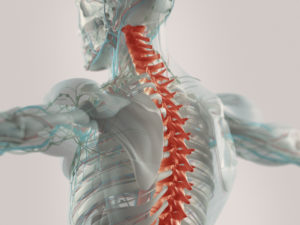The weekend of July 22-24, 2011, brought northeastern North Carolina and southestern Virginia a short break from the suffocating heat wave that had gripped much of the country, but summer and its extreme temperatures are far from over. Many regions are still seeing excessive heat warnings and heat advisories in their weather forecasts.
While weather reports warning of outside temperatures and heat indexes in the 100s don’t seem nearly as daunting as hurricane warnings and flood watches, heat should not to be taken lightly, especially when humidity levels rise to meet the mercury. In recent years, excessive heat has been responsible for more deaths than any other weather event.
Spending too much time in the heat without properly taking care or yourself can cause serious health problems, including muscle cramps, dizziness, confusion, extreme dehydration, breathing problems and an irregular heart beat. Heat stroke, marked by these symptoms, can kill within minutes. Heat exhaustion, while not fatal itself, can be an early warning sign that a person is danger of suffering heat stroke.
When staying inside isn’t an option, there are things that you can do to protect yourself from heat wave temperatures:
.
- Keep yourself hydrated but limit caffeinated or alcoholic beverages.
- Eat smaller, more frequent meals.
- Wear loose-fitting, lightweight, light-colored clothes.
- Slow down in general and try to spend the hottest hours of the day, 10 am to 4 pm, indoors
- Go somewhere that has air conditioning.
- Take frequent breaks if you must work outdoors, and keep an eye on your co-workers
- Do not leave children or pets alone in closed vehicles
- Check on neighbors, friends and family members who do not have air conditioning at home, especially if a person is elderly.
- Take steps to cool yourself down if you start feeling weak, faint or extremely tired. Stop all physical activity, drink water slowly but constantly, find a cool place to sit or lay down, and apply cool, wet towels to your skin.
- Call 911 if you or someone else starts vomiting, becomes dizzy or passes out.
About the Editors: The Shapiro, Cooper, Lewis & Appleton personal injury law firm, which has offices in Virginia (VA) and North Carolina (NC), edits the injury law blogs Virginia Beach Injuryboard, Norfolk Injuryboard and Northeast North Carolina Injuryboard as pro bono services.









Comments for this article are closed.